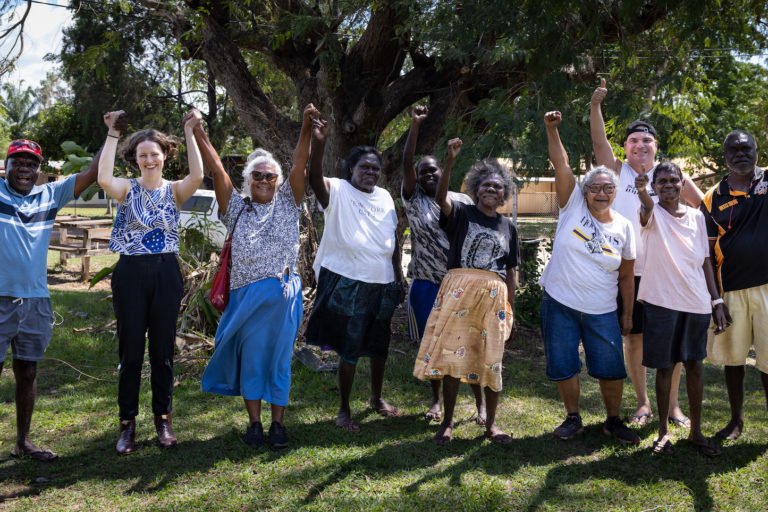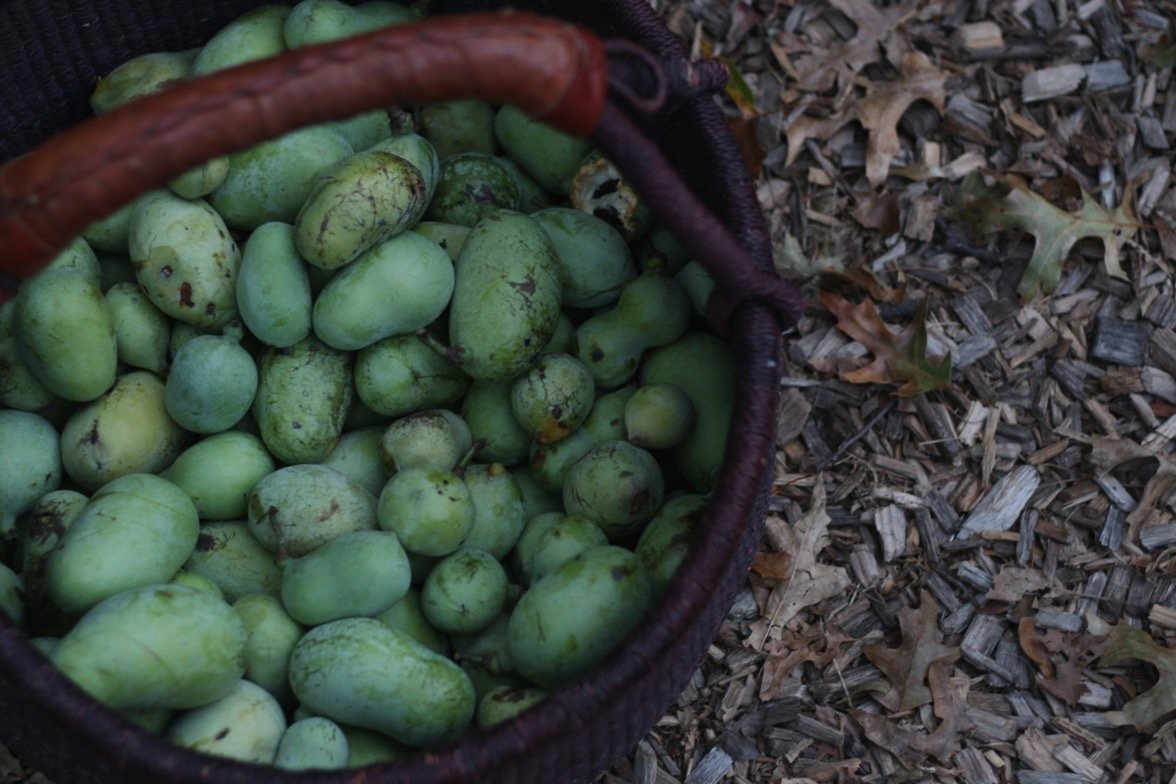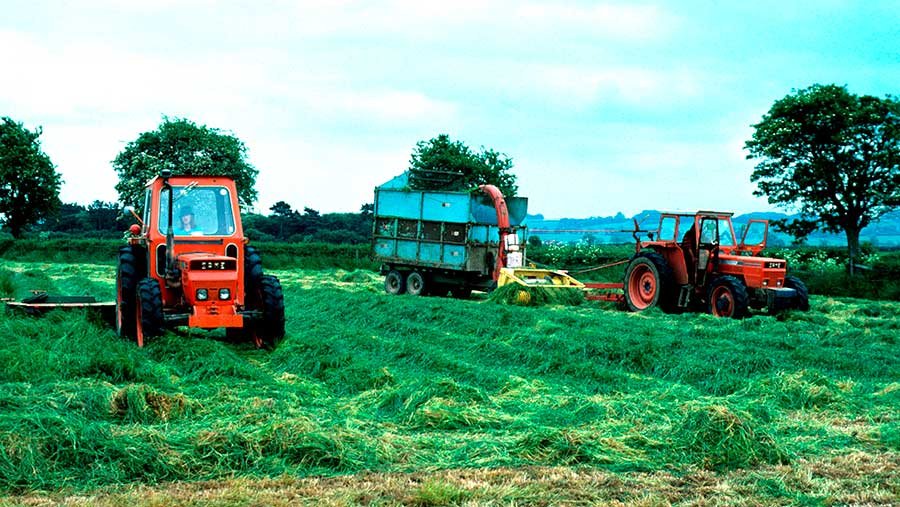- Only 22% of companies sourcing or producing palm oil in Indonesia have public and comprehensive no-deforestation policies, a new report by London-based nonprofit CDP says.
- The report also finds that only 28% of companies have robust public no-deforestation commitments that cover 100% of production and include a cutoff date before 2020.
- In light of the report, experts are calling for more companies to adopt robust no-deforestation policies that incorporate social elements including remediation, restoration, compensation of past harms, and/or commitment to protect rights and livelihoods of local communities.
JAKARTA — Less than a quarter of companies producing or sourcing palm oil from Indonesia have forest-related policies in line with best practices, a new report says.
The report, by CDP, a global nonprofit that promotes environmental reporting and risk management by companies and cities, analyzed data provided by 167 firms.
While 86% of companies had set a forest policy, only 22% were in line with best practices, which the organization defines as committing to eliminate deforestation and conversion of natural ecosystems; not plant on peatlands; conduct restoration and/or provide compensation for past harms; and protect rights and livelihoods of local communities.
“The low number of companies with robust policies aligned with best practice suggests a concerning absence of intention to eradicate forest loss from corporate value chains,” the report says.
While the figure was up from 14% in 2021, the progress isn’t fast enough to meet Indonesia’s target of turning its forests into a carbon sink by 2030, according to Rini Setiawati, senior manager for forests at CDP.
“If we have a target of having forest positive future by 2030, we need this at scale,” Rini told Mongabay. “We need 90% of companies, not 22%, to have robust policies, and not just policies and commitment, but also ambitious target and robust implementation.”
Over the past several decades, palm oil has been a major driver of deforestation in Indonesia, the world’s largest producer of the ubiquitous commodity. A recent study found the industry was responsible for nearly one-third of the nation’s forest loss from 2001 to 2019, though deforestation related to palm oil last peaked in 2016 and has fallen in recent years.
As a result, many companies that own oil palm plantations or process, trade or use palm oil have pledged to break the link between deforestation and their supply chains.
“Whilst companies are moving in the right direction, more action is needed to maintain this trend,” said Thomas Maddox, the global director of forests and land at CPD.
Despite a checkered record, corporate zero-deforestation policies have shown some success, according to Herry Purnomo, a scientist at the Center for International Forestry Research (CIFOR).
“Our study in South Sumatra province shows that commitments from the public sector could decrease deforestation significantly, but if they’re coupled with commitments from the private sector, it could [further] lower deforestation significantly,” he told Mongabay. “So commitments do matter and they need to be amplified, widened, monitored and given rewards and incentives.”
Company response
The vast majority of companies were unable to track the origin of their palm oil supplies, an important prerequisite for making good on a no-deforestation commitment.
Only 9% of companies were able to fully trace their supply chains to the mill level, and only 4% were able to do so to the plantation level.
One firm that claims to have achieved full traceability is Golden Agri-Resources, an arm of Indonesia’s Sinarmas conglomerate, one of the first business groups to issue a zero-deforestation pledge after years of being one of Indonesia’s most prolific deforesters.
“From our side, the complication [that comes from implementing a zero-deforestation policy] is not too huge. We don’t have any plan to open [new] plantations in Papua and other places,” Agus Purnomo, one of Sinarmas’s top palm oil executives, told Mongabay on the sidelines of a recent event in Jakarta. “Therefore, if our buyers demand [zero-deforestation], we can fulfill that. But this can’t be applied for [other companies] whose plantations and mills are located in troubled places.”
Further progress in the sector, he said, would rely on government policy and law enforcement.
“If it’s voluntary commitment [to adopt zero-deforestation policies], then what we have now is the maximum,” Agus said. “We can’t ask more companies to volunteer [in adopting zero-deforestation policies] because each has their own problems.”
Even if companies lack capacity to fulfill their commitments, simply adopting the policies would create opportunities for forest protection, according to Mardi Minangsari, head of Indonesian NGO Kaoem Telapak.
“Having NDPE commitments is the first step,” she said, using an acronym that stands for “no deforestation, no peat and no exploitation.”
“I really support [the adoption of such policies] because this means we also can help them by providing reports” on deforestation, conflicts, and other issues, Mardi said. “Sometimes, companies themselves don’t have enough capacity, especially with vast plantations, to see what’s happening in their concessions.”
Rini of CDP said the government could issue regulations that require more transparency and accountability from companies so that they’re driven to adopt or strengthen their NDPE commitments.
“If companies are performing better in sustainability, this can contribute to the achievement of national environmental targets,” she said.
Citation:
Gaveau, D. L., Locatelli, B., Salim, M. A., Manurung, T., Descals, A., Angelsen, A., … Sheil, D. (2022). Slowing deforestation in Indonesia follows declining oil palm expansion and lower oil prices. PLOS ONE, 17(3), e0266178. doi:10.1371/journal.pone.0266178
Banner image: Palm oil plantations in West Kalimantan, Indonesia. Image by Nanang Sujana/CIFOR via Flickr (CC BY-NC-ND 2.0).
FEEDBACK: Use this form to send a message to the author of this post. If you want to post a public comment, you can do that at the bottom of the page.














